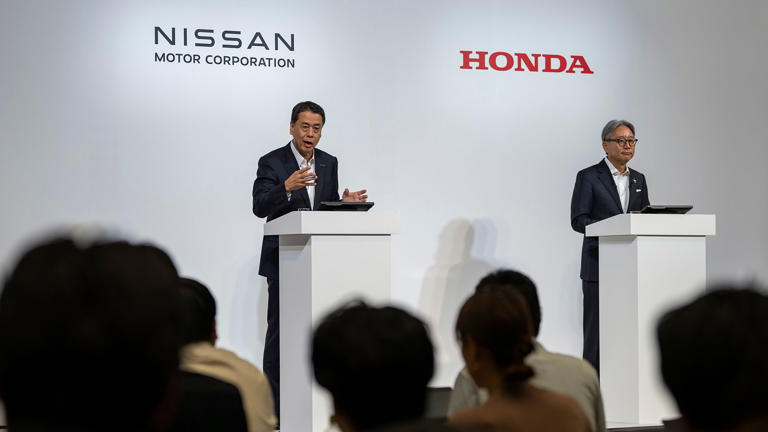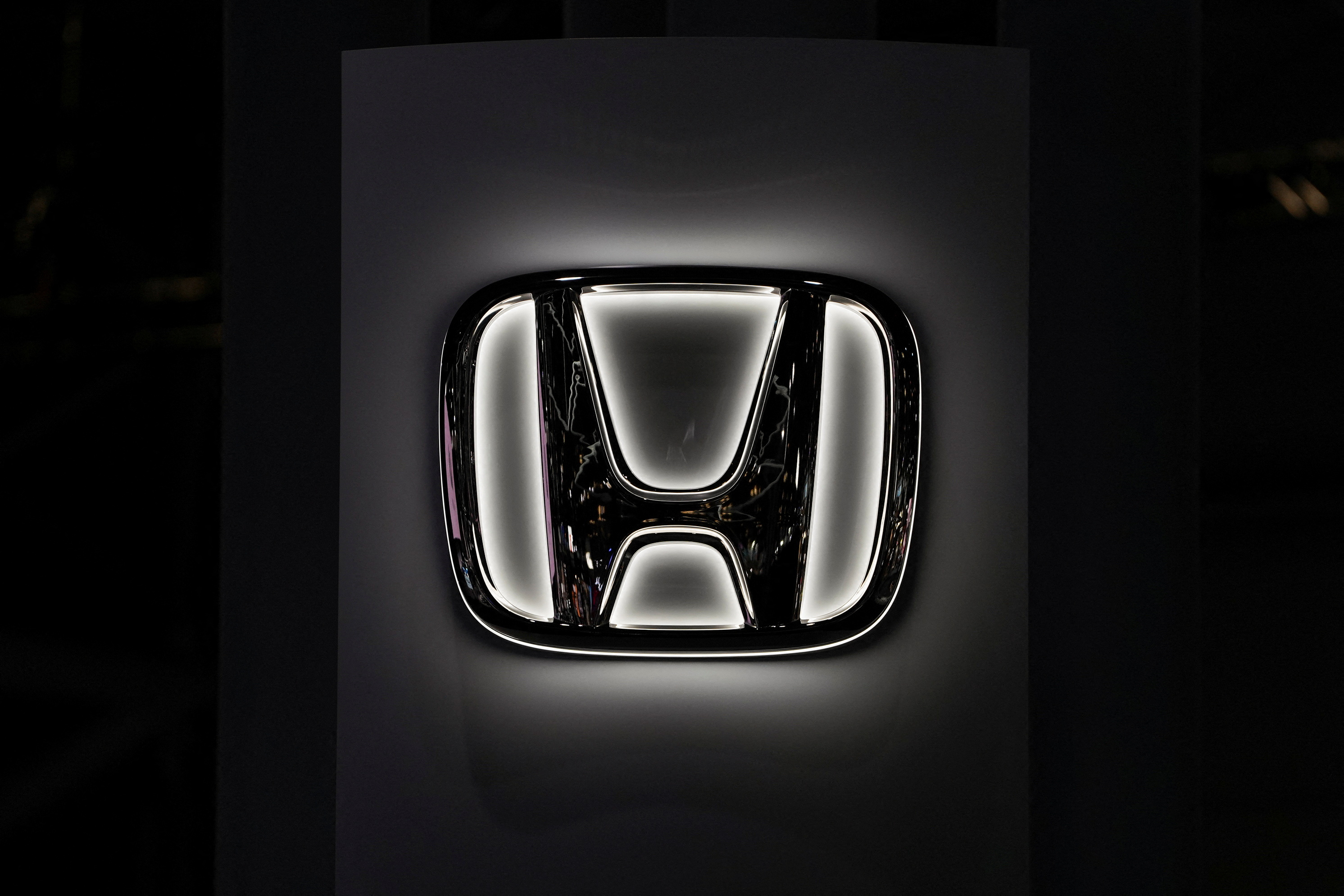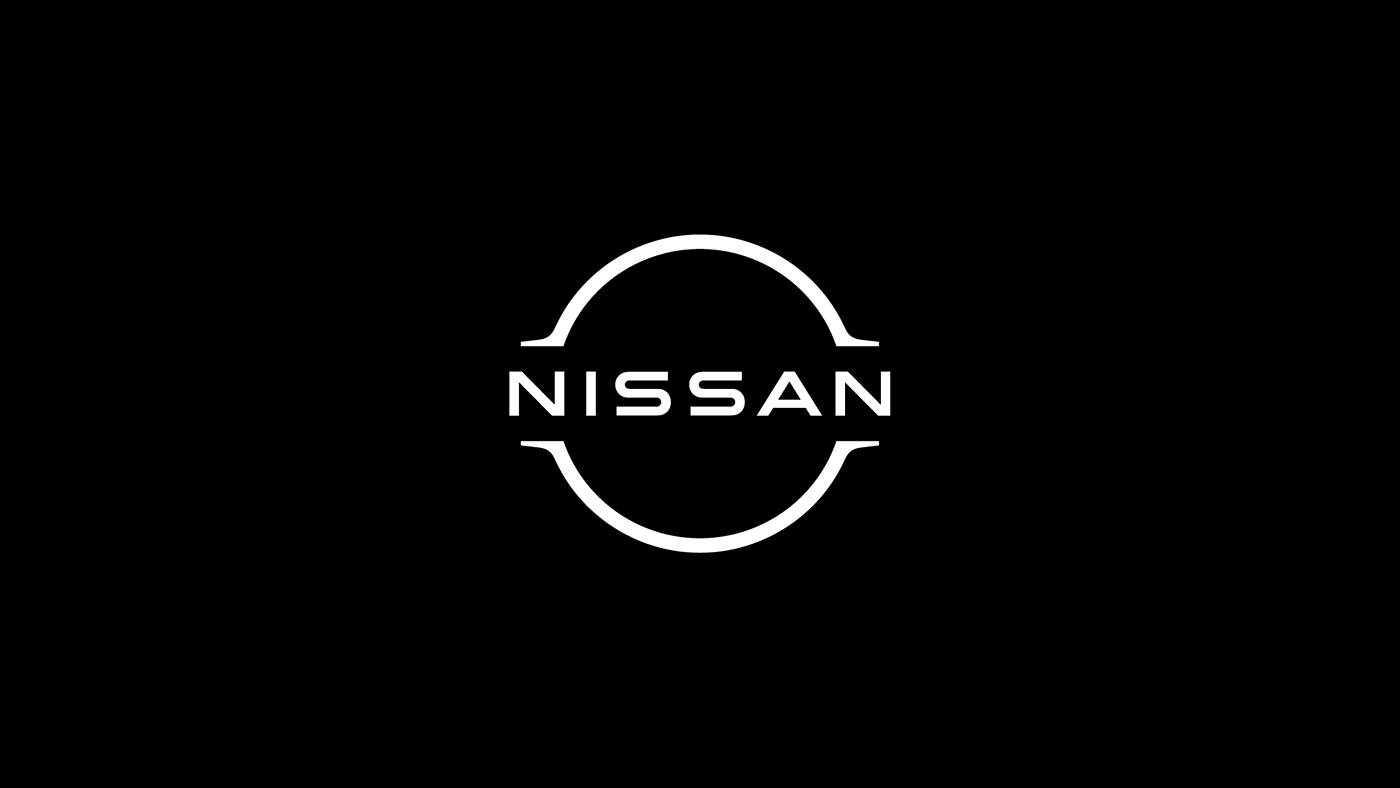
The automotive industry is undergoing significant changes, and two of Japan’s largest car manufacturers, Honda and Nissan, are currently in discussions about a potential merger. This blog explores what we know about these companies and the motivations behind their merger talks.
Who Are Honda and Nissan?
Honda
Founded in 1948, Honda is known for its innovative engineering and a strong portfolio of fuel-efficient vehicles, including hybrids. The company has traditionally focused on developing its components independently, which has allowed it to maintain a distinct brand identity. However, in recent years, Honda has recognized the need for collaboration, especially in the face of the growing electric vehicle (EV) market.

Nissan
Established in 1933, Nissan has been a pioneer in the EV sector, launching the Leaf in 2011, one of the first mass-market electric cars. Despite its early lead, Nissan has faced challenges in keeping up with the rapidly evolving automotive landscape, particularly against fierce competition from Chinese manufacturers and the increasing demand for hybrid and electric vehicles.

Why Are Honda and Nissan Considering a Merger?
Financial Pressures
Both companies are grappling with financial difficulties. Nissan, in particular, has reported significant declines in global sales and profits, prompting the need for restructuring and strategic partnerships to remain competitive in the market. Honda, while more stable, is also feeling the pressure to innovate and invest heavily in EV technology to keep pace with competitors.
Competitive Landscape
The automotive industry is experiencing a seismic shift towards electric vehicles, with companies like BYD and Tesla leading the charge. Honda and Nissan believe that merging could provide them with the necessary resources and scale to compete more effectively against these emerging rivals. By combining their strengths, they could enhance their capabilities in EV development and production.
Collaborative Opportunities
Honda and Nissan have already begun collaborating on various projects, including co-developing electric vehicles and battery technologies. This partnership has laid the groundwork for deeper ties. And this marks a merger a logical next step to streamline operations and share resources more effectively.
Market Positioning
A merger would create a formidable automotive group, potentially making it the third-largest in the world, behind Toyota and Volkswagen. This consolidation could help both companies leverage their combined sales. Also, market presence is to better navigate the challenges posed by the global automotive market.

Conclusion
The discussions between Honda and Nissan about a potential merger highlight the urgent need. This is for traditional automakers to adapt to a rapidly changing industry. By combining their strengths and resources, they aim to enhance their competitiveness in the electric vehicle market and secure a stronger position against both established and emerging rivals. As these talks progress, the automotive world will be watching closely to see how this potential partnership unfolds.
Read more on Lifetips.blog














